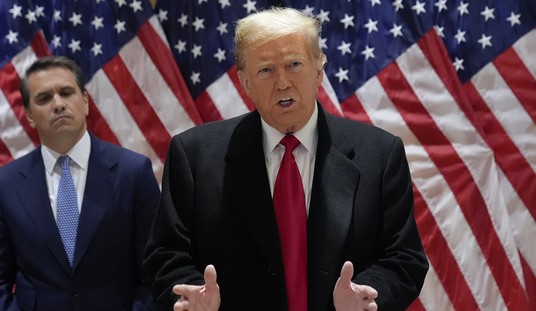For years billionaire Saudi Prince Alwaleed bin Talal has been in a fight with Forbes Magazine over its estimation of his wealth and his position on the Forbes Billionaires list. He even sued the magazine over its 2013 ranking, which placed him #26 in the world. I guess all that expensive Photoshop work was for nothing.
At odds in ranking his net worth is the value of his company, Kingdom Holdings Co. As a private equity firm, Kingdom Holdings has exposure to various management, real estate and financial services companies. It also invests in industrial and energy interests. Despite some dubious mathematics relating to Kingdom Holdings’ valuation, the Prince’s recent announcement on American and non-OPEC energy production is right on track.
Bucking mainstream trends in Saudi energy analysis, the Prince recently made a splash by sending a letter to the Kingdom’s Oil Minister Ali al Naimi in which he argues that shale oil and gas represents a grave threat to the Saudi economy.
“Our country is facing a threat with the continuation of its near-complete reliance on oil, especially as 92% of the budget for this year depends on oil,” he wrote.
The comments follow the high profile biannual meeting of OPEC nations at which it was decided to withhold any action to hedge against non-OPEC oil and gas production. Member nations like Nigeria, Angola and Algeria have seen oil exports to the U.S. drop sharply as horizontal drilling and hydraulic fracturing open up vast new sources of oil and gas in the American heartland.
Asked whether OPEC will take any action to protect member nations from the impact of shale oil, Mr. Naimi replied shortly, “Why are you all excited all of a sudden on shale? We had enough of shale oil and talks of shale. Please talk about anything else.”
OPEC leadership declined to cut production quotas and despite all the happy talk, I suspect lesser OPEC members like Angola may have a different view on the matter.
Even if the Saudi ruling elite are not yet ready to concede weakness against the U.S. on energy, (Last November the U.S. produced more crude oil than Saudi Arabia, on a month-over-month basis and is expected to permanently out-produce the Kingdom in production by 2020) shale gas does pose a grave threat. If not to their economy, then to their global monopoly on oil production and pricing.
In fact, the energy boom in the U.S. and North America, is a destabilizing force around the globe, presenting challenges in areas once thought firmly planted in the old order of energy markets. In Europe, as renewable energy becomes increasingly expensive and awkward to manage, North American shale gas is driving up demand for cheap coal as a fuel for electricity generation. In France, Electricite de France-the world’s largest nuclear power operator is preparing to exit U.S. operations as natural gas makes nuclear power look increasingly expensive.
Japan is shifting its electrical generation in the wake of the Fukushima Daiichi meltdown and leaning heavily on oil, natural gas and coal generation to make up for the loss of nuclear power. As the world’s largest Liquefied Natural Gas (LNG) importer the Japanese are also putting pressure on the U.S. to approve LNG exports. Japanese ratepayers currently pay 40 percent more for electricity than in 2005, compared to a 5 percent decrease for U.S. consumers. This dynamic will also empower U.S. energy firms operating in Alaska and the West coast, and will help strengthen trade relations with Japan and other Pacific Rim nations, particularly with the island nation’s recent entry into Trans Pacific Partnership negotiations.
Other voices have pointed out that sizeable U.S. LNG exports have the potential to loosen the grip Gazprom, the state-owned Russian gas giant, has on eastern Europe and Germany. You can bet that Czech and Ukrainian officials are closely monitoring the U.S. policy debate over gas exports.
This reordering extends beyond American shale production. Shale resources in Poland, the Caucasus and other Eastern European regions threaten to upend old paradigms (if regulators can keep from chasing away foreign investment).
Prince Alwaleed is the proverbial canary in the Saudi coal mine, warning of impending doom to the Saudi economy. The future of U.S. foreign policy may well hinge on the flexibility bestowed by shale gas and a weak OPEC cartel.








Join the conversation as a VIP Member